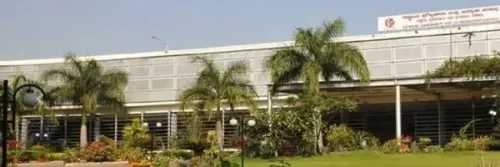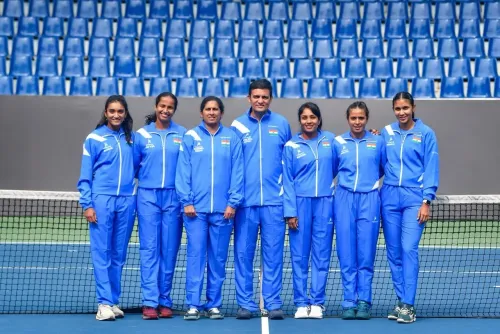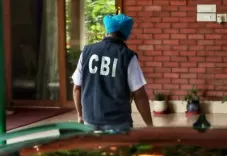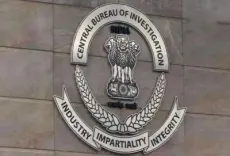Will the SC Hear DMK’s Challenge Against TN Voter List Revision on Nov 11?

Synopsis
Key Takeaways
- Supreme Court to hear DMK's plea on Nov 11.
- Challenge against ECI's electoral roll revision.
- Concerns over voter disenfranchisement.
- Legal implications for electoral integrity.
- Potential mass exclusion of voters in Tamil Nadu.
New Delhi, Nov 7 (NationPress) The Supreme Court has agreed to review, on November 11, a petition submitted by the ruling Dravida Munnetra Kazhagam (DMK) of Tamil Nadu. This plea contests the Election Commission of India’s (ECI) order that mandates a Special Intensive Revision (SIR) of the electoral rolls in the state.
Chief Justice of India B.R. Gavai has consented to hear the writ petition, presented by DMK leader and former Rajya Sabha MP R.S. Bharathi, on Tuesday after it was urgently mentioned.
The plea, filed under Article 32 of the Constitution, seeks to annul the ECI’s directive issued on October 27, which has extended the SIR process—initially launched in Bihar back in June—to several states, including Tamil Nadu, Gujarat, Kerala, and Uttar Pradesh.
The petition states, "If the SIR orders are not overturned, they will unreasonably disenfranchise millions of voters from electing their representatives, jeopardizing the principles of free and fair elections and democracy, which are integral to the Constitution's basic structure."
Additionally, it argues that the ECI’s action violates Articles 14, 19, 21, 325, and 326 of the Constitution, along with the Representation of the People Act, 1950 and the Registration of Electors Rules, 1960.
Labeling the exercise as a "colourable exercise of power", the petition asserts that the SIR effectively acts as a "de facto National Register of Citizens (NRC)" by imposing burdens of proof akin to citizenship on registered voters.
"The Respondent, the Election Commission of India, lacks the authority to evaluate individuals' citizenship status… By enforcing these citizenship-like requirements, the SIR appears to exceed its legal bounds, functioning as a de facto NRC," the plea contends.
Moreover, it points out that Tamil Nadu had already conducted a Special Summary Revision of its electoral rolls in January 2025, which was deemed adequate for the upcoming Assembly elections.
Demanding a fresh verification process is deemed "unnecessary, arbitrary, and lacking legal justification" by the plea.
The petition also highlights problems in Bihar’s ongoing SIR, where “65.2 lakh existing electors were removed” from the electoral rolls.
"If Bihar serves as an example, there is no doubt that Tamil Nadu will face similar mass voter exclusions," the plea cautioned.
Seeking judicial action, the petition implores the Supreme Court to invalidate the ECI’s directive from October 27 as unconstitutional.
On the same day, a Bench led by Justice Surya Kant agreed to review several petitions challenging the SIR of electoral rolls in Bihar after advocate Prashant Bhushan raised the issue.









